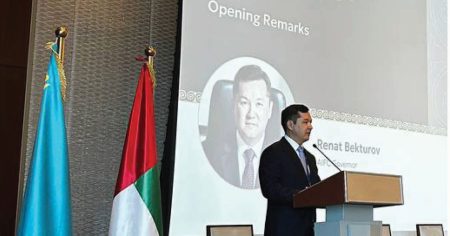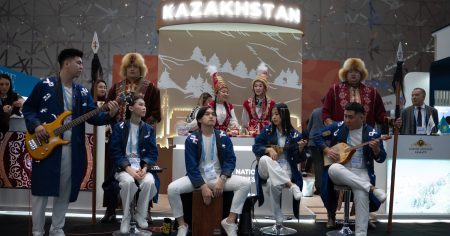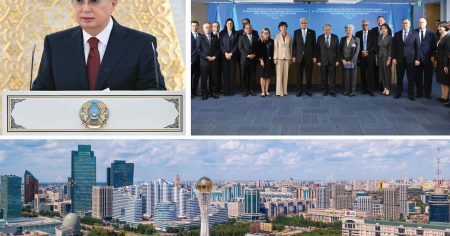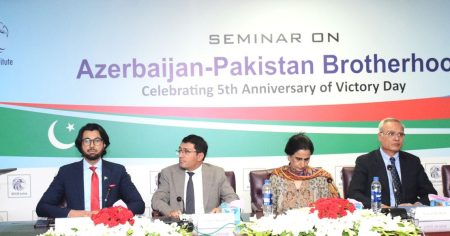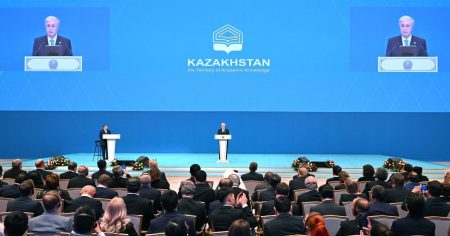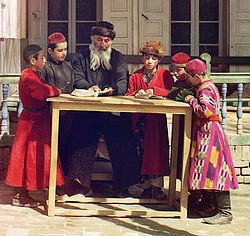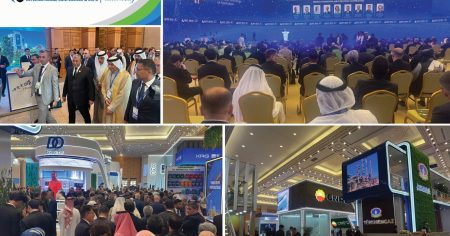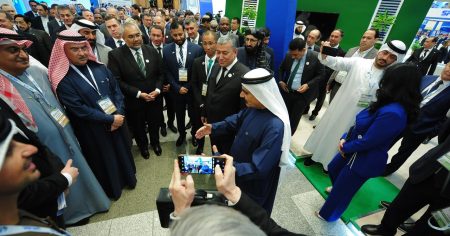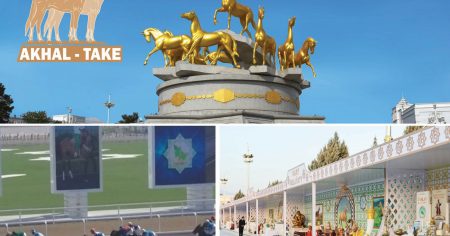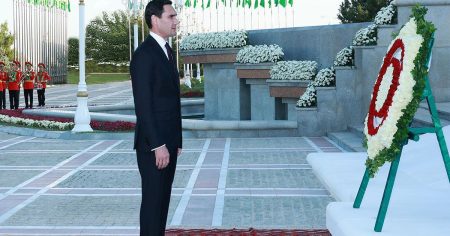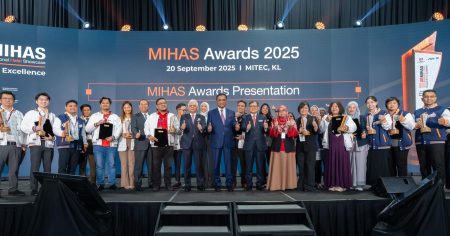The following text will be shared for two very different audiences: citizens of
Colombia, a jubilant, Latin country, hinge of the Atlantic and Pacific oceans, historically influenced by two powers, the Spanish and the North American; and the citizens of Azerbaijan, jewel of the Caucasus located at the crossroads of Asia and
Europe, neighbored by Russia and Iran, influenced by different imperial regimes, ranging from the Ottoman for a very short period to the Union of Soviet Socialist Republics for around 70 years. Therefore, I will try to write the following lines so that it is understood in both cultures and the realities in which it is addressed.
A DIFFERENT PERSPECTIVE
The challenge to prejudices. Being educated in an academic and cultural tradition dominated by the American and European powers, the vision of the region of the world that includes the Caucasus and the Persian Gulf is biased and marked by the discourse constructed of rivalry during two important periods of time: the cold war marked by communism and the US conflicts with countries like Afghanistan, Iraq and Iran, characterized by strategic-military differences and sometimes understood as religious differences.
This Hollywood scenario was an important basis for my prejudices, a word that as a Colombian I understand and have experienced, but that as an internationalist and social scientist I have the responsibility to distort.
When summoned to participate in the global peace summit, the initial expectations were born mainly from those prejudices explained in the previous paragraph.
Pleasantly, from the first moment I set foot on Azeri soil at the Heydar Aliyev airport, everything I thought I knew about this country faded from my mind, giving way to amazement and the desire to know more.
In a few words, to talk about infrastructure, I found many of the elements that seemed fascinating to me from other parts of the world gathered together: the Japanese
planning and territorial organization that currently allows Baku to host the Formula 1 Grand Prix like in Monaco or Singapore, constructions historical equal or more impressive than those that amaze tourists in cities like Paris, Geneva, Munich and Rome; and Skyscrapers that calmly defy the architectural icons of Dubai, Shanghai
and New York.
As for the culture, I found warmth and hospitality that I thought I could only find in Colombian homes, I take this opportunity to thank, if words can do it, my dear friend Javid Alyarli and his family who welcomed me as another family member, the kindness of all the people, the respectful culture and security are not similar in any other country, the Colombian culture tends to be just as warm, usually more festive and outgoing but capable of making a guest feel at home.
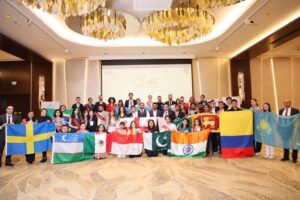
Challenges to achieving peace.
Both Colombia and Azerbaijan have experienced conflict and war, although in very different ways. The important differences lie in the fact that Azerbaijan knows that its opponent is another country which is Armenia, while Colombia is experiencing a fourth-generation conflict that includes the confrontation of different actors such as guerrillas characterized by asymmetric warfare, terrorism, and civil war. Furthermore, between Armenia and Azerbaijan, there is a conventional conflict due to the occupation of Azerbaijan’s UN-recognized territories, namely Karabakh and its seven surrounding territories, meanwhile, in Colombia, it is not a secret that the
belligerent actors’ financing comes largely from drug trafficking networks.
However, the mountainous and extremely inaccessible terrain of the conflict zones is one of the very few similarities that unite the conflicts in which Azerbaijan and Colombia have been involved.
In the same way, governments have advanced important peace initiatives, Colombia during the government of Nobel Peace Prize winner Juan Manuel Santos through an agreement that managed to demobilize the oldest guerrilla in the world: the
Revolutionary Armed Forces of Colombia (FARC); and the Republic of Azerbaijan has made an agreement to put an end to the military conflict between Armenia and Azerbaijan, an agreement that, in the words of President Aliyev, has historical
importance.
The challenges are as different as the conflicts and cultures themselves. On the Colombian side, the change of government in 2018 defunded and over time has buried the possibilities of materializing what was signed in the peace agreement, which is why there is an intense dispute political and a strong institutional crisis exacerbated by the global economic crisis, the vestiges of the pandemic and the ineptitude of a government little prepared to face the challenges that arise in a developing country; while in Azerbaijan the geopolitics of the Caucasus constrained by different positions of the neighboring countries such as Russia possessing a military base in the territories of its ally – Armenia and advancing its arsenal through
the export of sophisticated arms with favorable loan options, meanwhile Turkey politically backing its ally – Azerbaijan thanks to ethnic, cultural and historical ties and supplying multidimensional unmanned aerial vehicles as the proof its support,
yet Iran providing a tacit inclined policy towards Armenia and Israel developing
strong economic and military links with Azerbaijan play a fundamental role for
achieving the creation of a formal and explicit peace treaty in the South Caucasus. In addition to that, the connectivity role of the South Caucasus as the transit hub between Asia and Europe and rich oil and gas resources particularly in Azerbaijan and the Caspian Sea necessitate the restoration of economic ties between these two
countries in the immediate term.
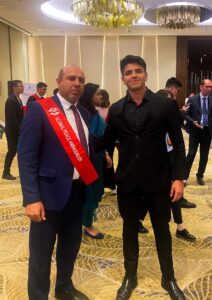
Despite the differences in the conflict, I see the deep desire in the citizens of
Colombian and Azerbaijani nations for living in peace and security. It is no doubt that this mission offers a locomotive for young people to tirelessly work for building a
present that is the beginning of a promising future. I am immensely grateful to the Hanns Seidel Foundation, the Red Kolumbien
Network, the Domopaz Foundation, the governments of Germany and Azerbaijan, the Global Peace Chain, the great friends from so many countries who are interested in peacebuilding, and Fuad Huseynzade, president of the Public Union of Journalists who support the activity of the Azerbaijani diaspora and who motivated me to write this article.
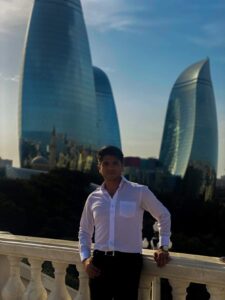
Sebastian Ruano,
Colombia






